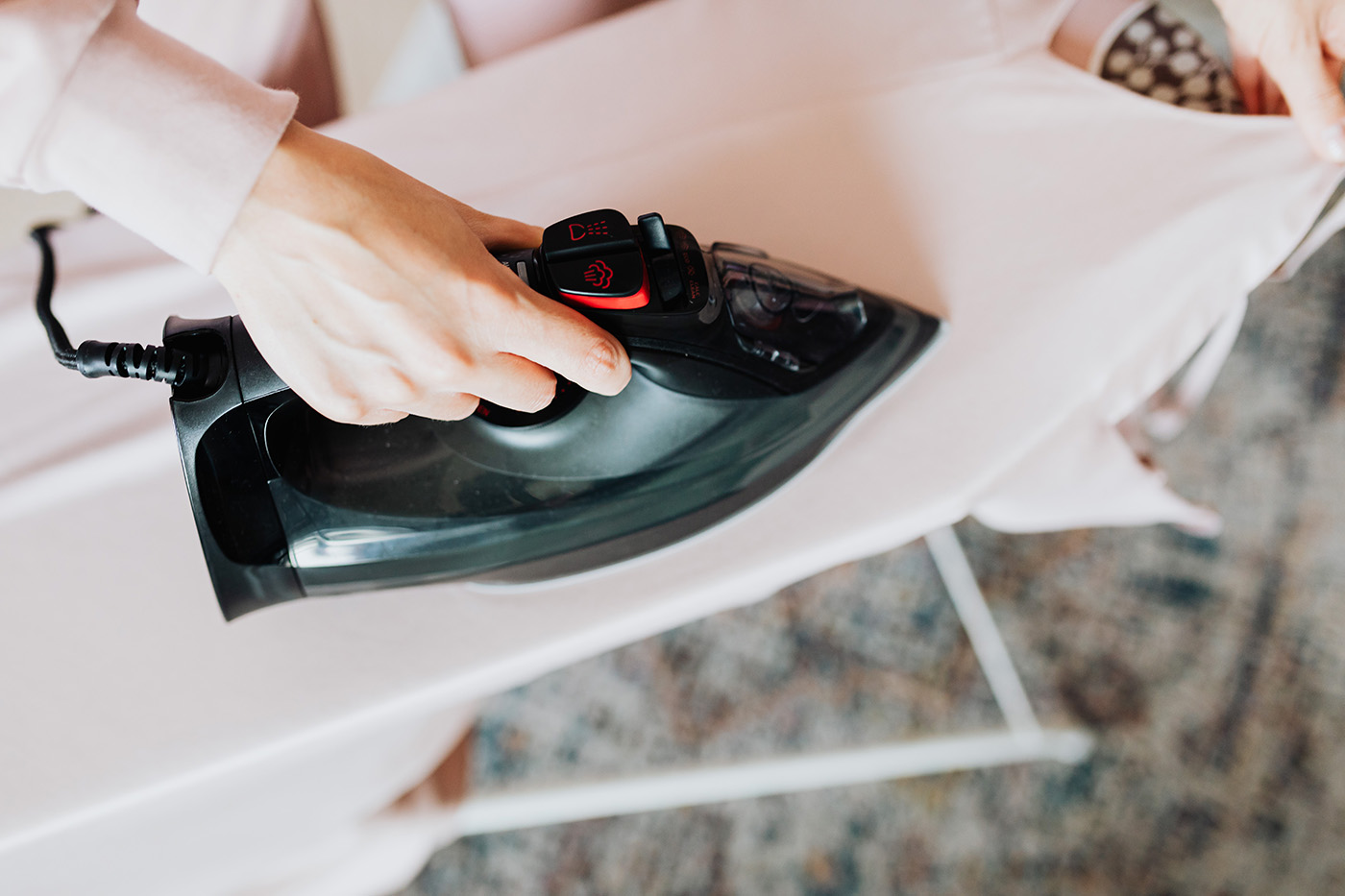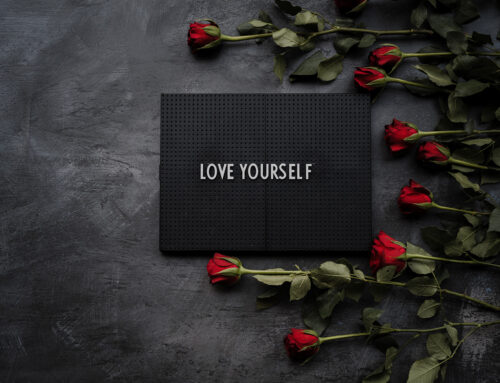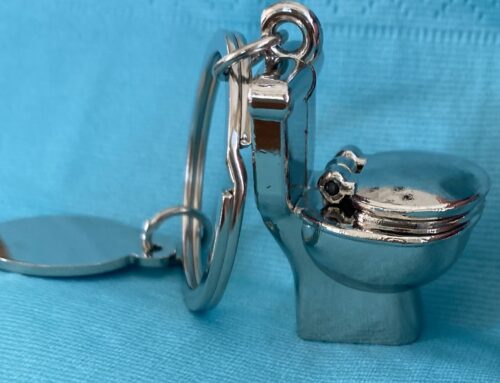In the quiet rituals of life, I find order and calm. The hiss of a steaming iron, lifting wrinkles from cotton clothes, the fragrance of clean laundry and heat (yes, you know it has a smell too), filling the air on a gray morning.
Art went to the office today, a still uncommon happening in these unordered post-Covid days. He pulled wrinkled clothes out of the closet and, I, loving the process, offered to iron them, making – what my first post-college editor Kathryn Yarbro called making chicken shit into chicken salad – them presentable.
My Father taught me how to iron when I was about 9, when he really started talking to me and teaching me the practicalities of life like roofing and painting, the things he was taught by his own father, a contractor, who died three years before my birth. If I was a boy, I was to be named for my paternal grandfather, Arthur Borden. Destiny delivered a curve ball.
I was curious and as quick to learn as I was to smile, and I think he thought that maybe, as I started to morph into someone he could teach, I, the youngest girl, might have some value after all.
I remember standing beside him in the dim, a paneled and windowless basement room, the vacant bedroom of my oldest brother, 12 years my senior, who no longer lived at home, and where the ironing board and iron could be left out, hidden yet utilitarian.
He showed me how to plug in the iron and fill it – only, he admonished – with filtered water. We’d waited for the device to exhale in one long, first hiss that announced its resurrection. He showed me how to lick my finger and test the iron, the barest slick of saliva on my finger sizzling when the iron was to temperature., hot enough to eradicate wrinkles.
He showed me step-by-step how to iron shirts, back, front, front, collar, collar folded, sleeve, sleeve. And how to match the seams on pant legs, face to face, then lay each leg flat on the board and properly and crisply crease the pants.
It was quiet in the basement. Neat clothes made a good impression, he said. He always wore a suit to work, with a freshly ironed shirt. He also polished his Florsheim shoes every night when he got home from Trenton, where his office overlooked the Delaware River, not far, he pointed, from where Washington crossed.
He started taking me to work with him in his Toms River office on school holidays and in the summer, even before I could iron my own clothes. I would stamp envelopes in an outer office, while watching his secretary Vergie Dodge smoke lipstick-stained cigarettes with the carefully polished nails she would file while taking calls. It seems to me now like a scene straight out of Mad Men.
Later, Donna, my Dad’s young assistant, taught me about seams in panty hose, makeup and more. She and her husband, Jeff, even taught me to drive. My Father just didn’t have the patience for it. He was 40 when I was born. When I’d ask him what he wanted for birthdays or Christmas, I always got the same response. “My own apartment,” and “peace and quiet.”
The ironed clothes though were just one part of our carefully constructed illusion. Away from home, in our flawlessly pressed clothes, with my Dad’s jokes and talkativeness, we went through the motions of life like everyone else.
I was glad to go to work with my Dad. Anything to get me out of that house, where blinds stayed shut, even in daytime. I can remember going from room to room before I went to kindergarten, tugging the bottoms and throwing the shades open with a loud snap. I loved the streams of sunshine. Still do. Closed blinds haunt me.
Being out of the house, even to rake leaves or shovel snow, alone, for neighbors, as a little kid, meant I could make money so I could ride my bike to Woolworth’s, where I could pay for lunch counter sandwiches and sundaes for me and my best friend Patty McHale.
My bicycle and pocket money meant freedom from the house on Windward Avenue, especially so I didn’t have to see the look on the delivery man’s face. It seems I was always sitting outside when the red VW bug, driven by the Halligan’s Drug Store delivery man, would pull into the driveway several times a week. I hated his disapproving look, as if I could do something to keep him from coming. For a long time, I thought I could.
The ironed clothes and endless odd jobs, the beginning of a work ethic that has had its benefits, and ability to escape were all born of a desire to just look normal. It’s taken longer to actually be more normal.
For those of you who think the scene of Father teaching daughter how to iron is an idyllic one, there are things unseen to those outside.
Like the splintered and never-repaired wooden door frame of my oldest brother’s basement room where the ironing occurred. I remember me, 5 or 6, screaming and pulling at my Father’s legs as he ripped the door from its hinges to get inside, at my teenage brother. I was flung aside, into a hefty pile of dirty laundry that seemed always to be waiting on the basement floor.
Fast forward a half-century: As a therapist, I don’t bring my personal experiences into the treatment room. Except as it might benefit a client. There are lessons there.
People – in and out of therapy, for most of my life, have been sharing their stories with me. Tales of isolation in any variety of life’s horrors and I tell them they aren’t alone in their suffering and trauma. There’s something about me that compels them to share. The horror stories are always mixed with everyday life, but secreted, disguised.
Sometimes, if it’s helpful, I’ll share my “me too” experiences. Clients are always surprised. When I told a former newspaper colleague some of my story, he said, “That explains so much. I always wondered why you were never afraid.”
One client, who uncannily grew up much as I did, says I’m obligated to tell my stories so other people will know they aren’t alone. I didn’t cry in front of him. I do recognize the wisdom in his words. It’s complicated, but I’m trying to open that part of me.
I remember my Dad for many precious, wonderful things. But there are shadows. We’re complicated, we humans. I laughed inside when my Father was eulogized by one of my siblings, and there was no mention of the darkness. We therapists call that “reframing,” or a “cognitive distortion.” Lay people call it bullshit.
I think it’s better to own the flaws, the pain. He taught me who I did and didn’t want to be.
I love the ironing, though, because it endures. These lessons are sweet and valuable, uncomplicated and quiet.







